The week started with a trip to Frankfurt am Main. Our first destination was the Senckenberg Museum, where we organized a private tour with a marine geologist as a guide. That the guided tour could be realized in such a short time (usually a tour must be announced two weeks before), was a lucky coincidence for us.
Our guide was confident about our idea and provided us some points we should consider. Our first interview was very exciting and helpful. If you want more details, please feel free to have a look at our interview protocol.
We know more about the surface of the moon than we know about the deep seabed.
After the museum we went to the Biologicum. An institute of the Goethe University Frankfurt. We didn’t have an appointment, but tried our luck to find some of the professors who has some free time. Again, we had luck and got an interview with a professor for marine toxicology.
On Thursday we had an phone interview with a scientist from the Senckenberg Institute for Marine Research in Wilhelmshaven, Germany. This Institute was a recommendation from the guide at the museum.
The interview was very helpful in three ways:
- We finally have an example for international laws that only serve nature, not the economy. It is the International Convention For The Control And Management Of Ships’ Ballast Water And Sediments. This international law is the answer to all doubter about the political realization.
- We should refine the concept of Mariculture: On the one hand, fishing industry needs a livelihood and on the other side nature should remain unaffected. One point here is the reproduction of fishes outside of the natural habitat. Our concept isn’t a stand alone solution. It is a good solution to monitor and control the activities of the fishing industry and in parallel develop a real Mariculture (full cycle). This would be a concept, where both parties can live.
- We got a really good hint for the technical realization. Autonomous Underwater Vehicles (AUV) already exist and are used for research purposes. An example is the Geomar Institute located in Kiel (Germany) with their AUV ABYSS.
The last interview for this week took us to a company called FRESH Völklingen GmbH in Völklingen, Germany. They produce sea fish in large saltwater pools without access to the sea in a closed water cycle.
We learned a lot about how to change the behaviour of fishes or even control them. We can use lack of oxygen, pressure waves or sounds. Using acoustic signals like from predators like whales, orcas and dolphins. The advantage of using sounds from predators is, that they are a natural thing for the fishes.
For next week, we planned to contact the GEOMAR Institute in Kiel for more information about their AUV ABYSS and IGB Institute in Berlin, that does some research in swarm intelligence of fishes.
Furthermore, we got a new exercise on Thursday called System Thinking. Our task is to design a graphical representation of all the parties and their mental models.
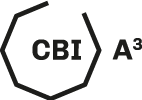
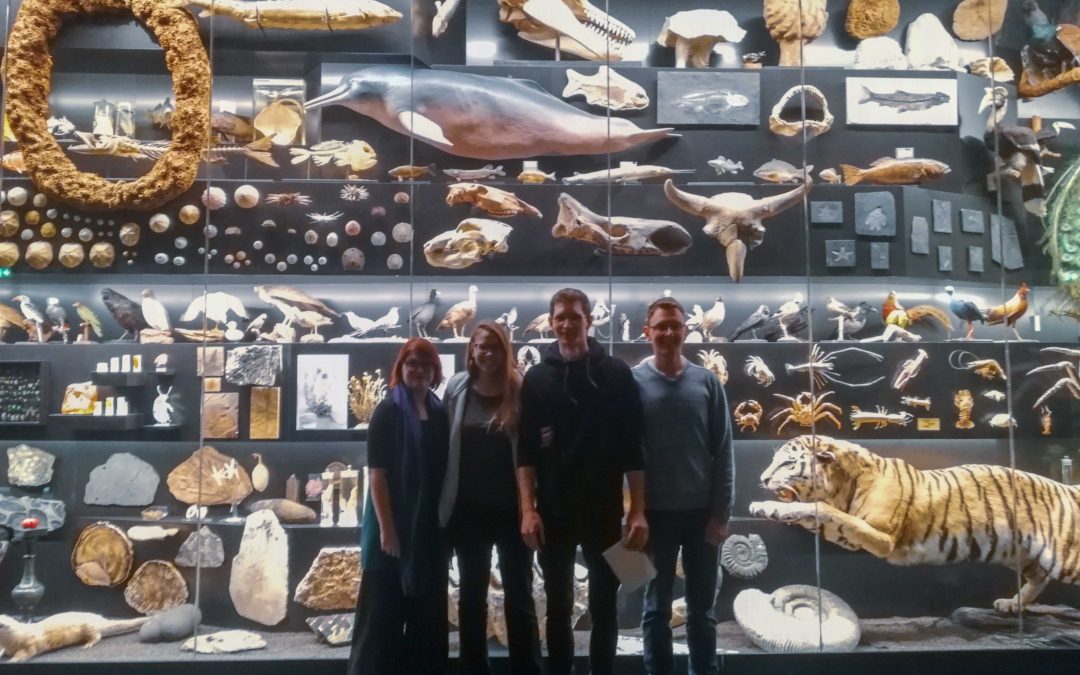
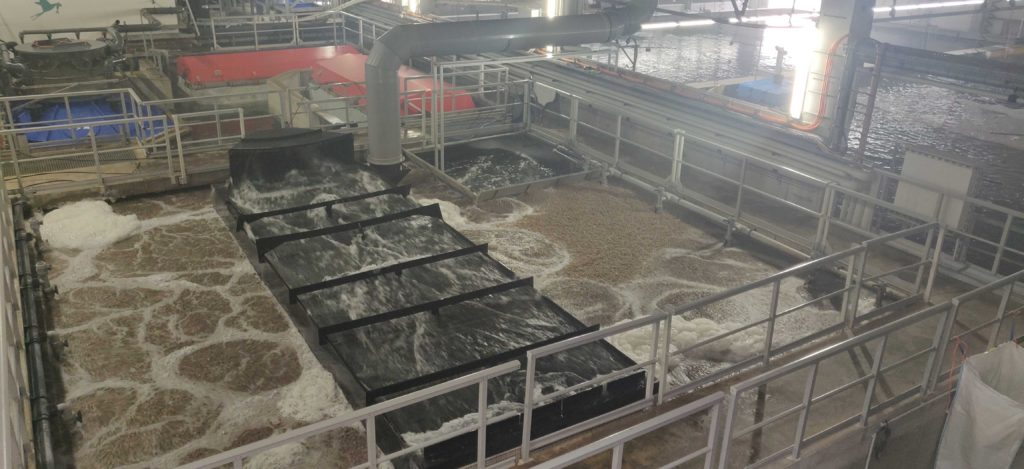
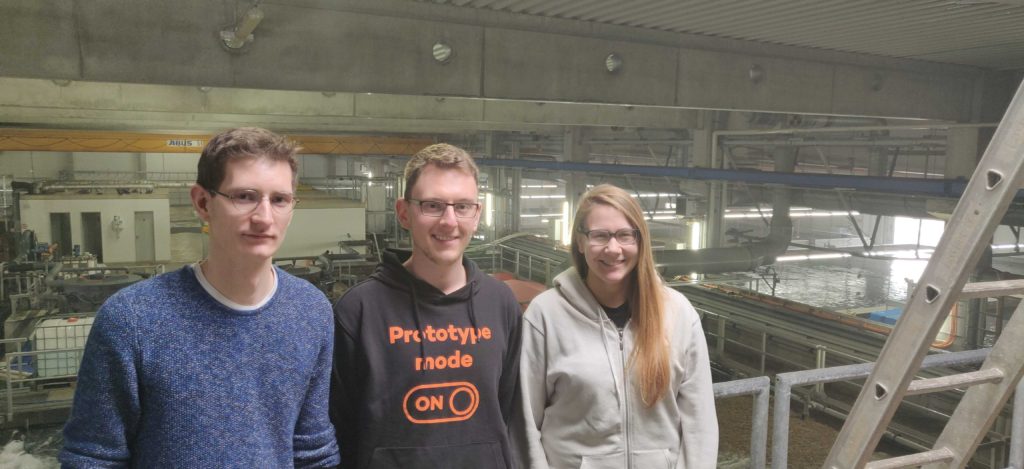
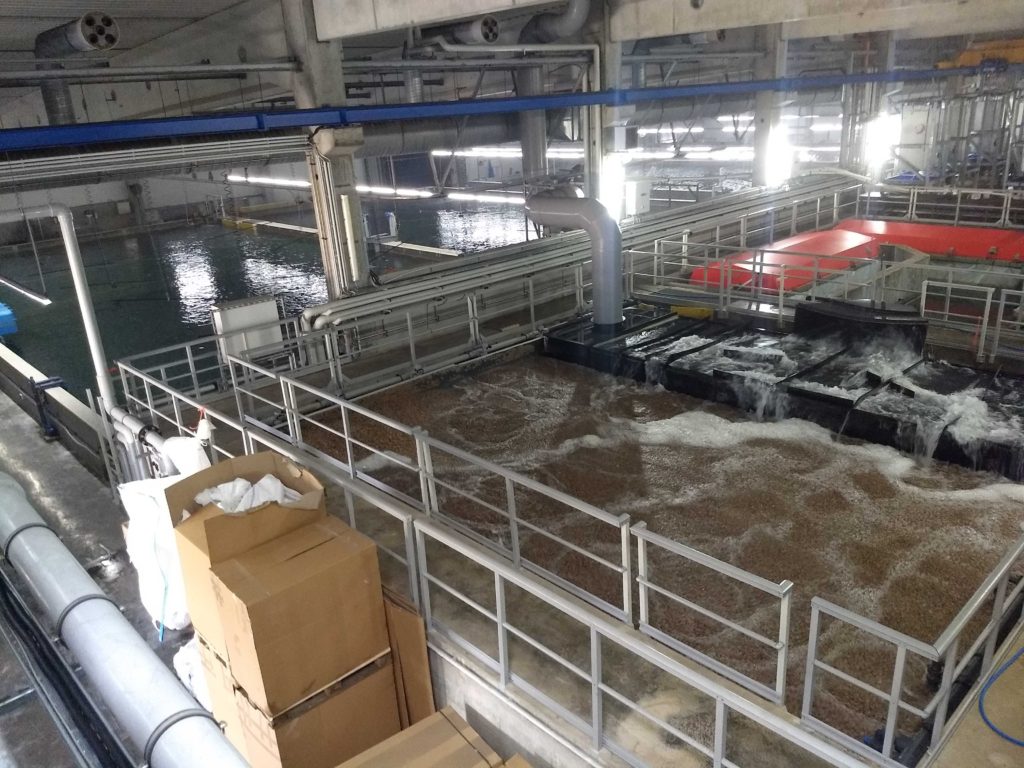
I like the idea of mimicking the sound of predators to control the fishes. Have you discuss with the experts about using it to protect your fishdrones as well? I imagine that since you want to make it look like the fish, some predators might mistaking it for a real one and that would be bad news for both. Can the sound also be used as deterrent from actual predators?
Great work so far BTW. Keep it up!
Thank you Max for the hint!
We didn’t consider it so far. Using sounds against predators could be a conceivable solution.
This is a good question for the scientists from IGB Berlin.